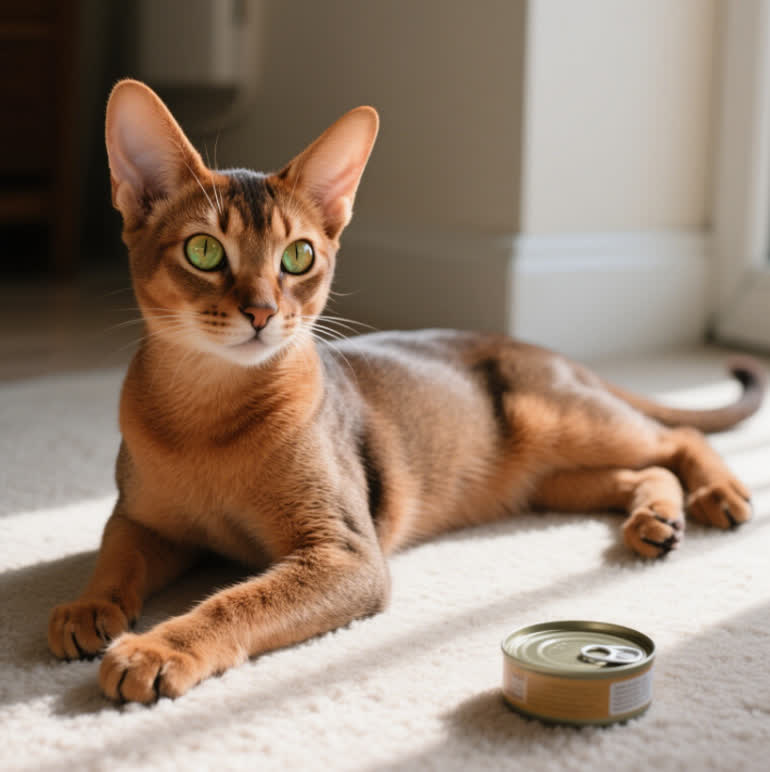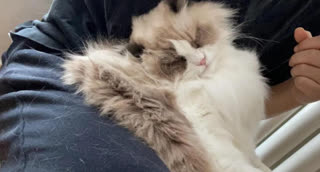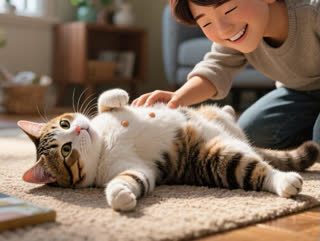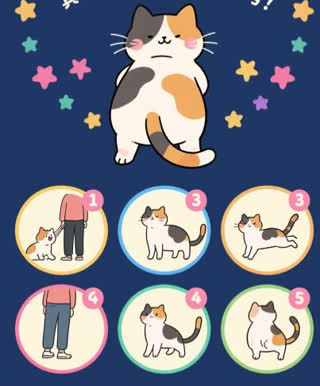The
Abyssinian cat breed, celebrated for its regal appearance and playful demeanor, often faces unique digestive challenges due to its sensitive stomachs. These cats are genetically predisposed to gastrointestinal issues, making the
best diet for Abyssinian cats with sensitive stomachs a critical component of their care. By focusing on nutrient-dense, easily digestible foods and avoiding common irritants, you can help your Abyssinian thrive while minimizing discomfort. This comprehensive guide explores the science-backed dietary solutions and practical tips to support your cat’s digestive health, drawing insights from veterinarians, nutritionists, and real-world owner experiences.
Abyssinians inherit a delicate digestive system that requires careful management. Their sensitive stomachs stem from a combination of genetic factors and breed-specific traits. For instance, studies suggest that the breed’s high metabolic rate and active lifestyle demand a protein-rich diet, but their digestive enzymes may struggle to process certain ingredients like grains or fillers . Additionally, environmental stressors—such as abrupt diet changes or household disruptions—can exacerbate gastrointestinal issues, leading to vomiting, diarrhea, or lethargy .
To address these challenges, veterinarians emphasize the importance of a species-appropriate diet tailored to Abyssinians. This means prioritizing high-quality animal proteins, avoiding artificial additives, and incorporating gut-supportive nutrients like probiotics and omega-3 fatty acids .
Abyssinians thrive on diets rich in easily digestible animal proteins, such as chicken, turkey, or fish. These proteins provide essential amino acids for muscle maintenance and energy, while minimizing the risk of allergic reactions. Avoid meals with plant-based proteins (e.g., soy or corn), which can trigger inflammation in sensitive cats .
Fibers like psyllium or beet pulp aid digestion by promoting regular bowel movements and balancing gut bacteria. Look for formulas with prebiotic ingredients to support a healthy microbiome .
Found in fish oil or flaxseed, omega-3s reduce inflammation in the digestive tract and support skin health—a bonus for Abyssinians’ luxurious coats .
These supplements help regulate gut flora and improve nutrient absorption. Brands like Royal Canin and Natural Balance LID include probiotics in their sensitive-stomach formulas .
Royal Canin Feline Health Nutrition: Specifically formulated for Abyssinians, this diet contains 34% protein and antioxidants to support energy levels and immunity .
Hill’s Prescription Diet i/d Digestive Care: A vet-recommended option with hydrolyzed proteins for cats with severe food sensitivities .
Natural Balance LID Limited Ingredient Diets: A grain-free formula with a single protein source (e.g., duck or venison) to reduce allergen exposure .
Wellness Core Digestive Health: Features probiotics and prebiotics for balanced digestion, ideal for cats transitioning to new foods .
A balanced homemade diet can be effective but requires careful planning. Veterinarians often recommend recipes with lean meats (e.g., boiled chicken), cooked vegetables (e.g., pumpkin for fiber), and supplements like taurine to meet nutritional needs .
Grains and Fillers: Wheat, corn, and soy are common allergens that can cause inflammation .
High-Fat Foods: Greasy treats or table scraps can lead to pancreatitis, a risk for Abyssinians .
Artificial Additives: Preservatives like BHA/BHT and artificial colors may irritate sensitive stomachs .
Abrupt diet changes are a leading cause of digestive upset in Abyssinians. To switch foods safely:
Days 1–2: Mix 75% old food with 25% new food.
Days 3–4: Gradually increase new food to 50%.
Days 5–6: New food makes up 75% of the mix.
Day 7: Fully transition to the new diet.
Monitor your cat for signs of discomfort (e.g., diarrhea or vomiting) and consult your vet if issues persist .
Hydration is Key: Ensure fresh water is always available. Wet foods can also boost hydration levels .
Stress Management: Create a calm feeding environment and avoid sudden routine changes to reduce anxiety-related stomach issues .
Regular Veterinary Checkups: Schedule annual exams to screen for underlying conditions like pancreatitis or food allergies .










